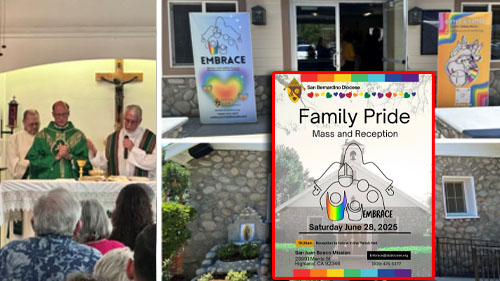| Recent Featured Videos and Articles | Eastern “Orthodoxy” Refuted | How To Avoid Sin | The Antichrist Identified! | What Fake Christians Get Wrong About Ephesians | Why So Many Can't Believe | “Magicians” Prove A Spiritual World Exists | Amazing Evidence For God | News Links |
| Vatican II “Catholic” Church Exposed | Steps To Convert | Outside The Church There Is No Salvation | E-Exchanges | The Holy Rosary | Padre Pio | Traditional Catholic Issues And Groups | Help Save Souls: Donate |  |









 " />
" /> " />
" /> " />
" /> " />
" /> " />
" />




Israeli cyber-security researchers remotely hack a car
Pete Bigelow autoblog.com Former members of an Israeli intelligence unit dedicated to thwarting cyber crimes announced Friday they had remotely hacked into a vehicle that contained an aftermarket device with a big security hole. Once they exploited the vulnerability in the device, called a Zubie, they controlled vehicle functions, like unlocking doors and manipulating instrument-cluster readings. The researchers, now founders of Argus Cyber Security, say they could have also controlled the vehicle's engine, brakes and steering components. The remote breakthrough is a big one in an auto industry that has only recently started to take the threat of cyber attacks more seriously. Industry officials have downplayed the possibility of someone with nefarious intent launching a remote attack. Previously, cyber-security researchers have hacked cars and controlled essential functions either via a physical connection to the vehicle or remotely from a short distance. In this case, the Argus team says the security flaw would have allowed them to remotely commandeer the car from "anywhere in the world." The flaw existed, ironically, in the Zubie, an aftermarket device that intends to make cars safer. Drivers can plug a Zubie into the OBD-II port beneath their steering wheels on vehicles that date back as far as 1996 and receive data on their driving habits, car performance and trip information. Devices like the Zubie are gaining popularity with drivers and car insurance companies, because they offer information on driving habits and promote good behavior behind the wheel. Some insurers offer motorists discounts for good driving based on this data.The device transmits the information via a Cloud-based connection that in this case, it turns out, was not secured. to read more: autoblog.com
Sign up for our free e-mail list to see future vaticancatholic.com videos and articles.
Recent Content
^